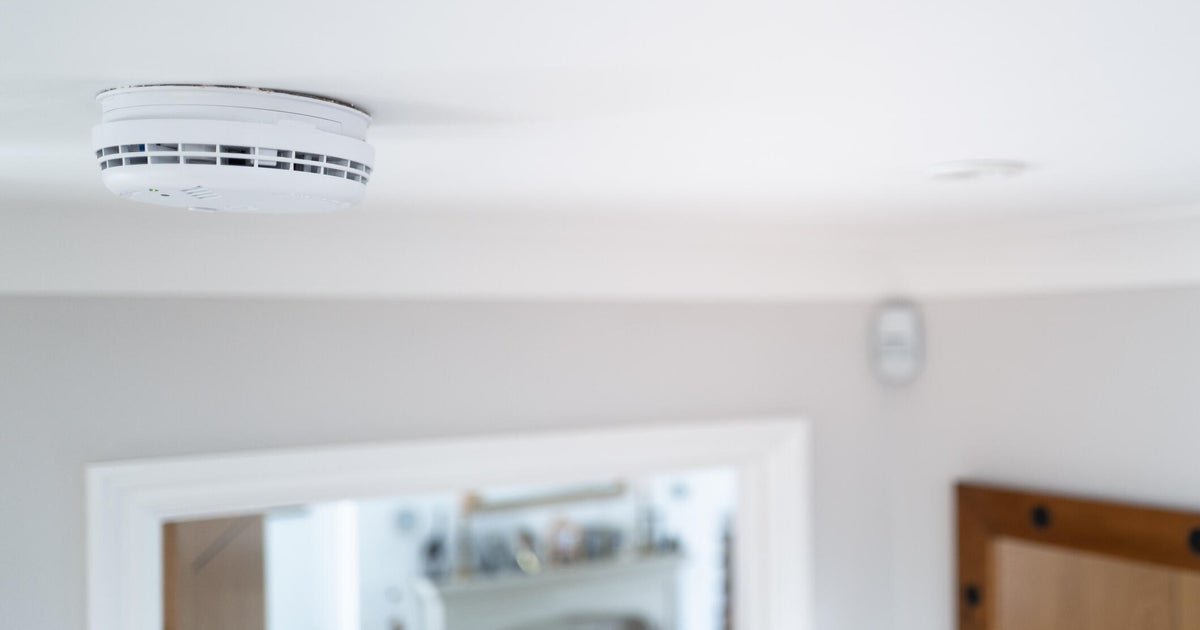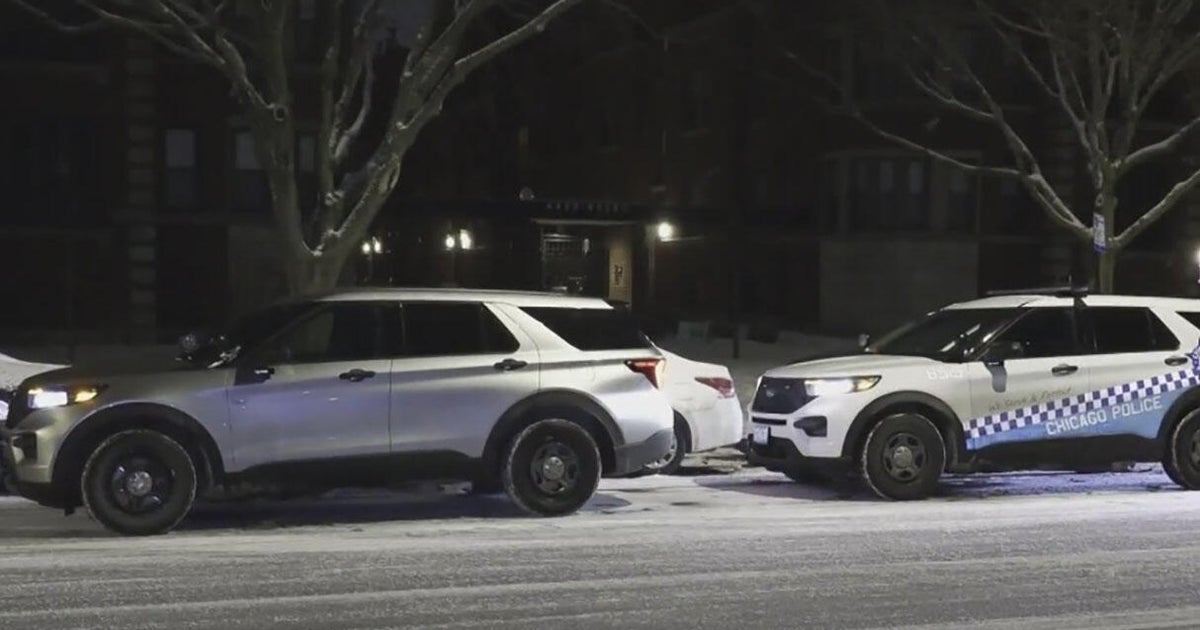Injuries from button batteries among children growing, research finds
PHILADELPHIA (CBS) -- A growing number of children are being injured by small button batteries, according to new research. The little batteries are found in many items, including remotes, toys, watches and key fobs.
Babies and toddlers put everything in their mouths, including little button batteries, that might be mistaken for a shiny piece of candy.
A new study released Monday says more kids are being treated in emergency departments after accidentally ingesting the batteries.
Reese Hamsmith was just 18 months old when she died after accidentally ingesting a button battery.
Originally doctors thought she had croup.
"It was the following day we realized there was a battery missing from a remote in our home," her mother Trista said. "We rushed to the hospital and within 30 minutes they confirmed that she had in fact swallowed that battery."
Reese spent weeks in the hospital, had surgeries and went into cardiac arrest three times.
"Ultimately, this time, we just didn't get her back," Trista said.
New research in the Journal of Pediatrics shows battery-related ER visits more than doubled from 2010 to 2019 compared to previous years.
"There's more technology out there, there are more devices, the button batteries are found in cellphones in remotes, in electrical candles. They're everywhere," Children's Hospital of Philadelphia Dr. Ian Jacobs said.
Jacobs is the head of the button battery task force at Children's Hospital of Philadelphia.
"The battery is ingested into the esophagus, in just a matter of hours, it could burn a hole through the esophagus into the windpipe, or into the aorta and can be suddenly fatal. So these things are very dangerous and parents have to be very vigilant about their electronic devices," Jacobs said.
The family created Reese's Purpose to educate families. President Joe Biden signed Reese's Law earlier this month, which establishes safety standards including requiring child-resistant packaging and warning labels on products.
"Knowing that 10 years down the road, we're not going to be hearing about these ingestions from the products because we did move forward is a little bit of comfort," Trista said.
Every year more than 2,800 kids are treated in emergency rooms after swallowing button batteries according to Safe Kids and about 12% are hospitalized.








